‘We are all the same when we get round a fondue’
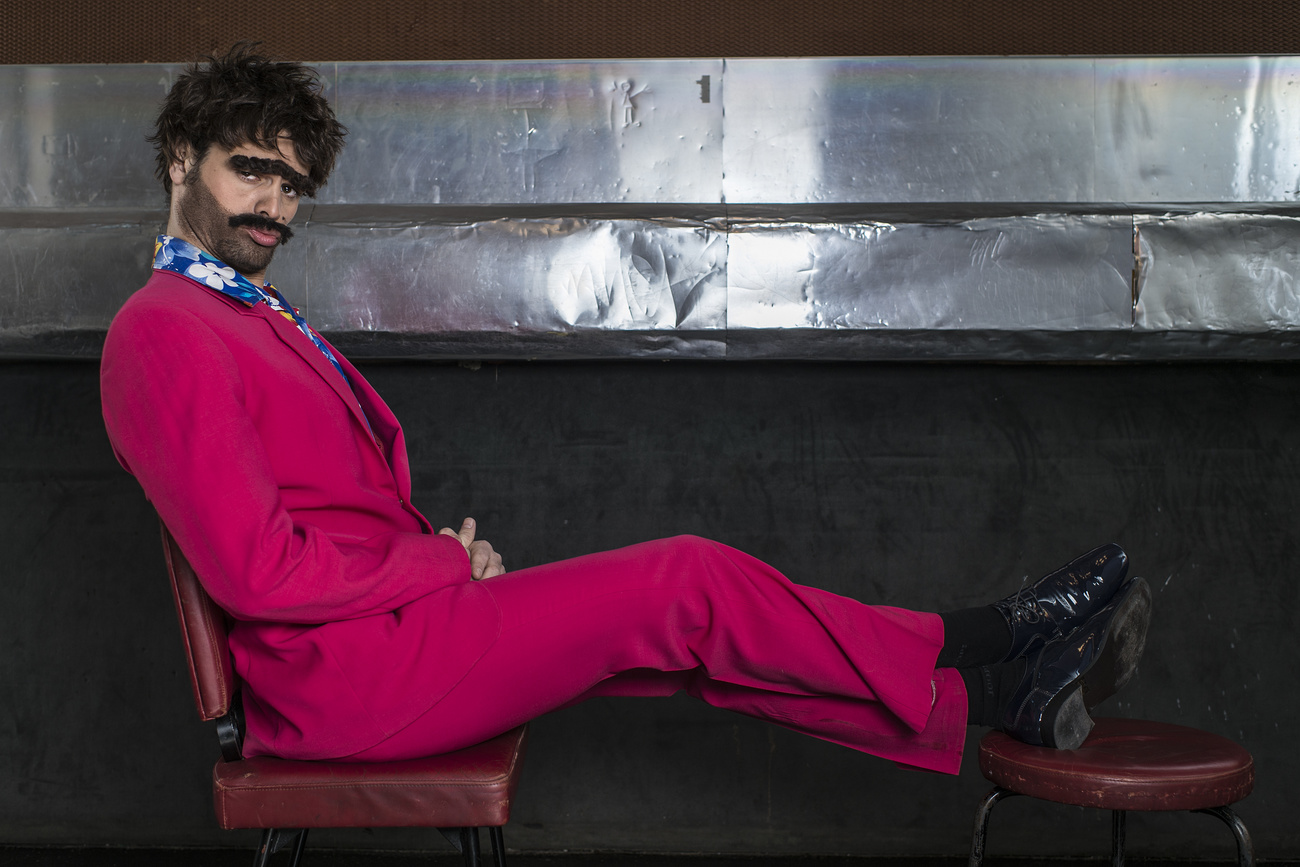
Swiss-Turkish comedian Semih Yavsaner talks to SWI swissinfo.ch about his best-known satirical character Müslüm, “ethnic humour” and its limits.
Yavsaner is a Bern-based artist whose cabaret act includes elements of stand-up, song, dance and improvisation.
He is not the only Swiss comedian who uses immigration as an inspiration for his television and stage material. Many similar acts can be found on the Swiss comedy circuit – and especially on social media – including Charles Nguela, a Swiss-Congolese stand-up comedian, Johnny Burn, a comedian with Cambodian roots, and Bendrit Bajra, a young performer with a Kosovo-Albanian background.
SWI swissinfo.ch: You like to play with stereotypes. Your stage character Müslüm, with his thick monobrow and huge moustache, is supposed to be a typical Turk. Aren’t you worried that this kind of approach may just be making life more difficult for Muslim foreigners in Switzerland?
Semih Yavsaner: Müslüm’s look is not supposed to be stereotypical at all. I don’t know any Turks who walk around in pink suits. By slipping into this costume, I can free myself from these kinds of stereotypes. My character goes to places that have nothing to with kebabs, bouncers or fast cars. I try to put him in places that create a certain tension, which instil fear in him and where he doesn’t really belong, such as the University of Zurich auditorium where Winston Churchill gave his speech about Europe in 1954External link. The foreigner then thinks that all this is possible.
SWI swissinfo.ch: Immigration is a controversial issue in Switzerland that rarely makes people laugh. Does Müslüm make migrants laugh?
S.Y.: That’s exactly the big misunderstanding. I think Müslüm manages to reach lots of people because he doesn’t just want to make them laugh. The audience should be active participants in society. My intention is not to have them laugh at someone being different – they should also experience the darker sides, which also live in me.
SWI swissinfo.ch: When the Bern football club Young Boys became champions, you made an appearance and you – or rather “Müslüm” – were insulted and bottles were thrown at you. How did you deal with that situation?
S.Y.: That was probably the most unpleasant thing he – and I – have ever had to experience. I tried to protect the band and myself. I had to be on stage and dodge the bottles. That wasn’t nice at all.
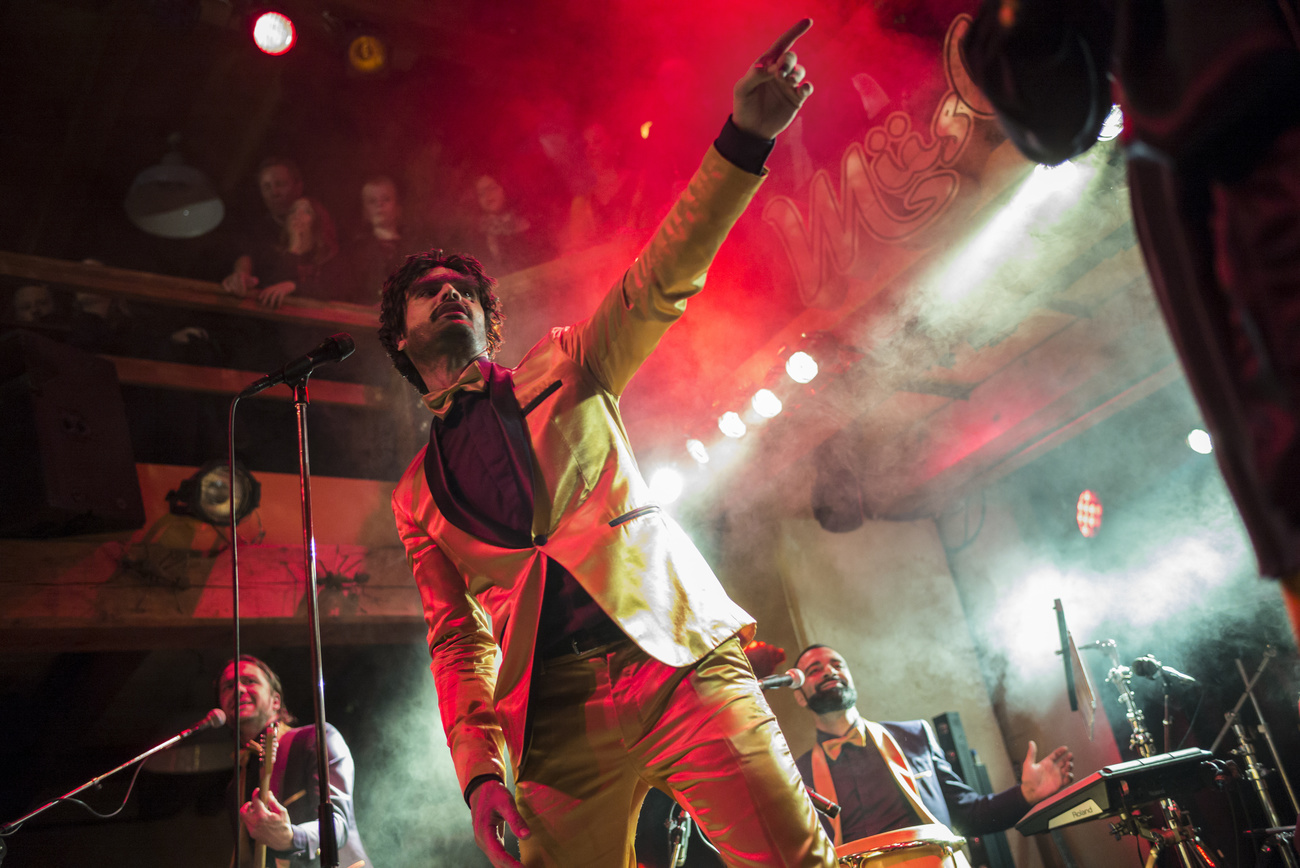
SWI swissinfo.ch: Why were you attacked?
S.Y.: From Müslüm’s perspective, I wanted to look at why most Swiss national football players sing the national anthem discreetly or not at all. My idea was to start the national anthem with “Trittst im Morgenrot daher” [When the morning skies glow red] and then stop abruptly after the opening sentence and ask the audience the question: “Honestly, which of these 11 migrants voluntarily steps out in the morning light? That’s the biggest cliché ever!” That would have been the punchline. But after the national anthem began, most fans thought we were going to sing the whole anthem together, instead of just the beginning.
I can abstract away from whole thing, though, and say that it was done to Müslüm. He’s kind of a shield for me. As Semih, I probably wouldn’t have survived it. This is how I reassure myself. Due to a misunderstanding, Müslüm experienced something like racism that day and he was very affected by it. But I have to say that it was an isolated incident.
SWI swissinfo.ch: In Switzerland you are sometimes viewed as someone who is politically motivated or socially committed. You say yourself in a song that you are “socially aware like Nelson Mandela”. Are you a political artist?
S.Y.: It’s impossible to answer that kind of question. Where does politics begin?
I believe it starts in everyday life with what we wear, what we eat or what we do. Actually, everything that characterises us is, in some way, political. But I’m not interested in conventional politics, where everything is always about interests. A system where lobbying is tolerated is very revealing. I also don’t want to speak on behalf of a political party because this means constant censorship. How am I supposed to develop as a performer in this political context? It’s impossible. That’s why I’m not interested in politics. I feel like that I was able to trigger a lot with my character.
SWI swissinfo.ch: Where do you see this influence in particular?
S.Y.: For example, when a sick child in hospital listens to my song “Süpervitamin”, or when a carer writes to me that his patient was listening to my song “La Bambele” just before she passed away. There are really many examples.
SWI swissinfo.ch: There are often discussions about the limits of humour when it comes to minorities, ethnic or religious groups. What are your feelings on this? Do you set limits for yourself?
S.Y.: As Müslüm, I have never really paid any attention to these pseudo-taboos. I avoid these topics, because they simply don’t interest me. It is then too obvious, I mean the aspects, reading between the lines.
It’s just like coronavirus these days. Everybody talks about corona. And then you go on stage and tell some jokes about it. First punchline, terrorist attacks, second punchline, coronavirus… It’s not my thing. I’m not interested in that. I see myself much more as a cabaret artist. Art cannot be categorised and put into boxes.
SWI swissinfo.ch: How tolerant is your Swiss audience towards your humour?
S.Y.: Incredibly tolerant, I think. That’s probably the greatest luxury for any artist. I can question everything. I have unlimited freedom of speech and huge possibilities in terms of life and free thinking. That makes me feel good. And the Swiss audience allows me to do good things on stage, too, by giving me that space, to “be”, without any limits, and by being willing to temporarily discard their preconceived ideas.
SWI swissinfo.ch: In recent years, more and more European comedians of foreign origin (North Africans, Indians, Albanians, Turks, Somalis…) have been making their mark. How do you explain this phenomenon?
S.Y.: I think people also want “other people” to exist not only as refugees, asylum seekers, or guest workers but also as artists.
SWI swissinfo.ch: What do you think of the term “ethnic comedy”?
S.Y.: It’s a turn-off, just like the word “integration”. These terms are always loaded with obvious meaning. I try not to get bogged down by the word “integration”. My character shouldn’t always be associated with words like “foreign”, “migrant background”, and “integration”.
These words are loaded with a certain negativity. Art should be packaged in such a way that it creates the desire “to be”. These [loaded] words don’t really permit the creation of anything “new”, they stand in the way of any kind of cathartic effect.

In compliance with the JTI standards
More: SWI swissinfo.ch certified by the Journalism Trust Initiative
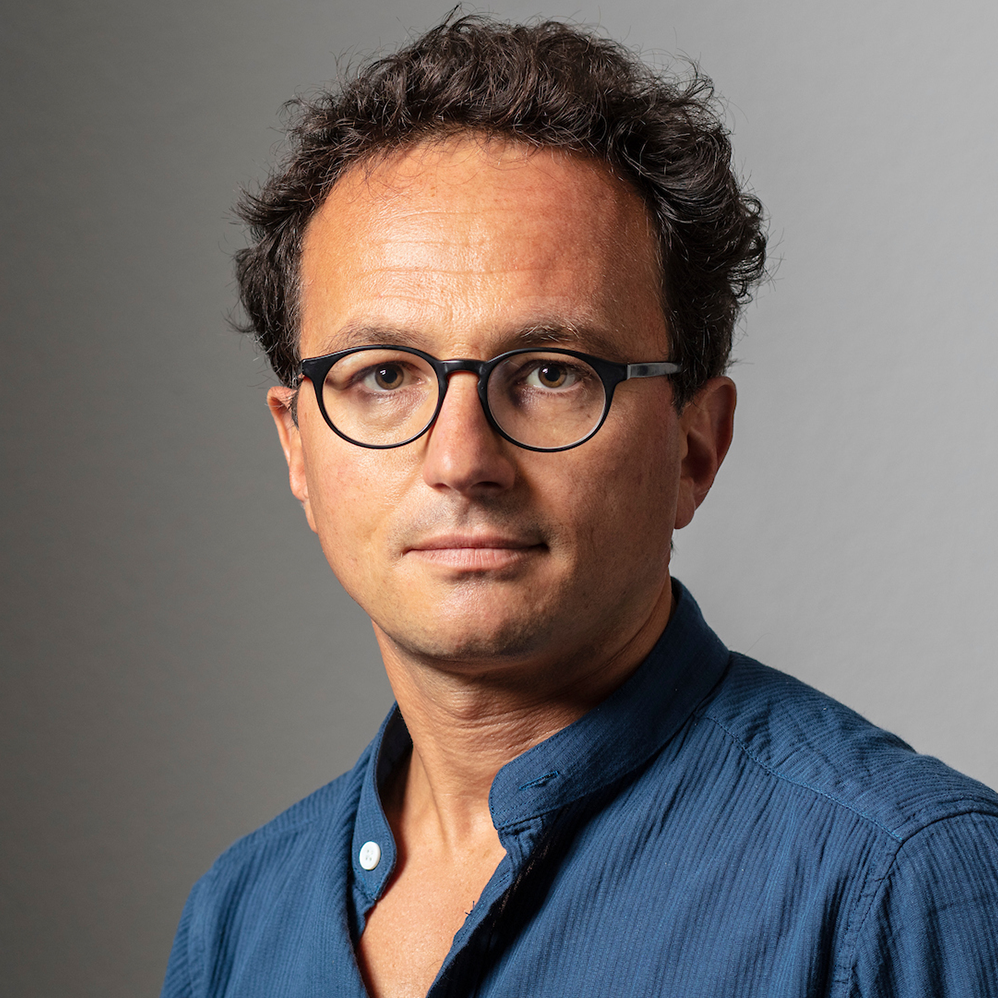
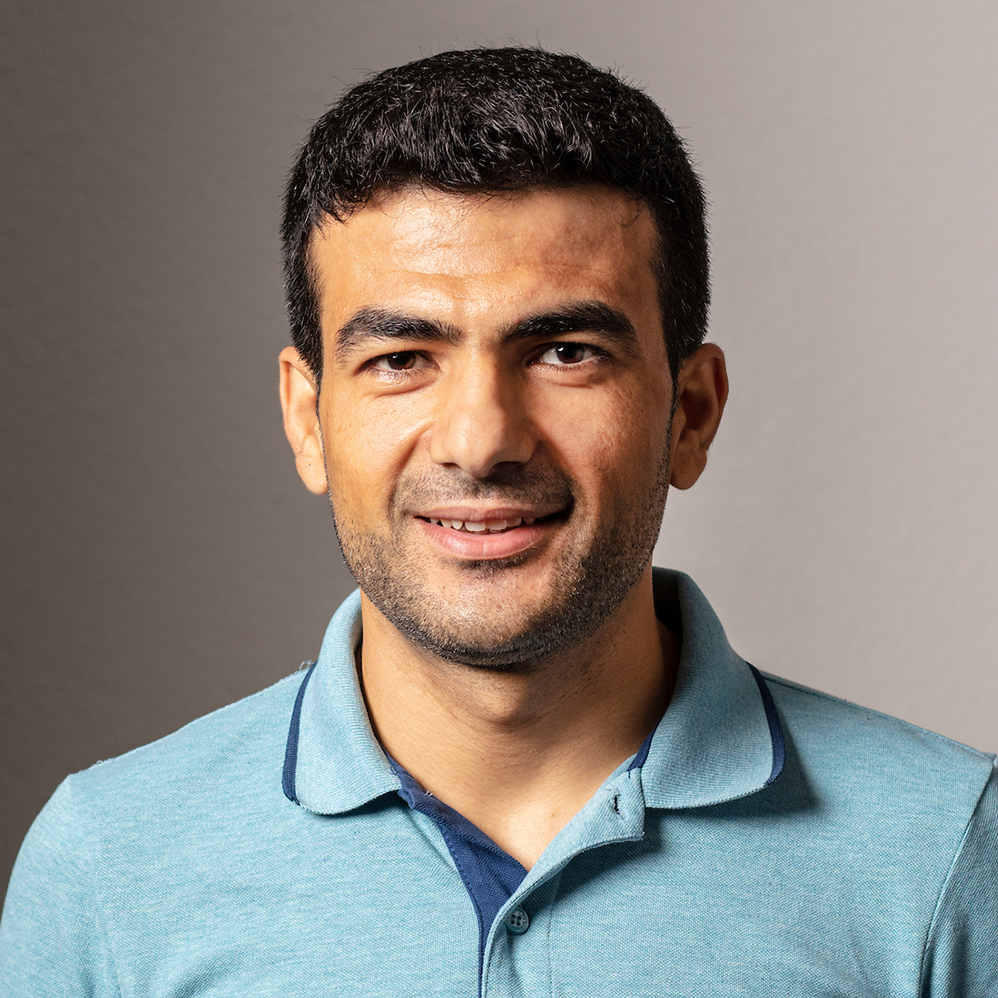









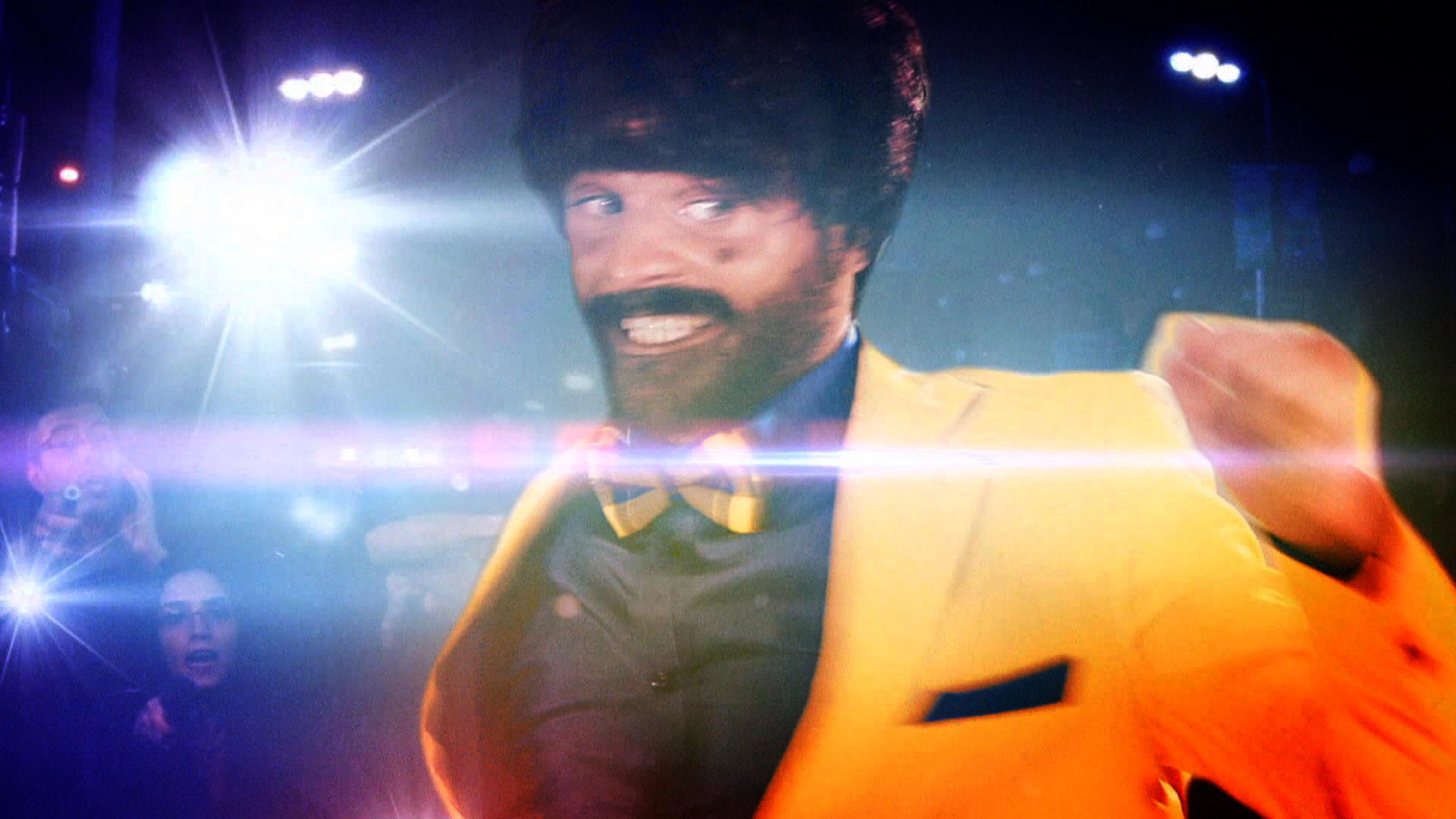

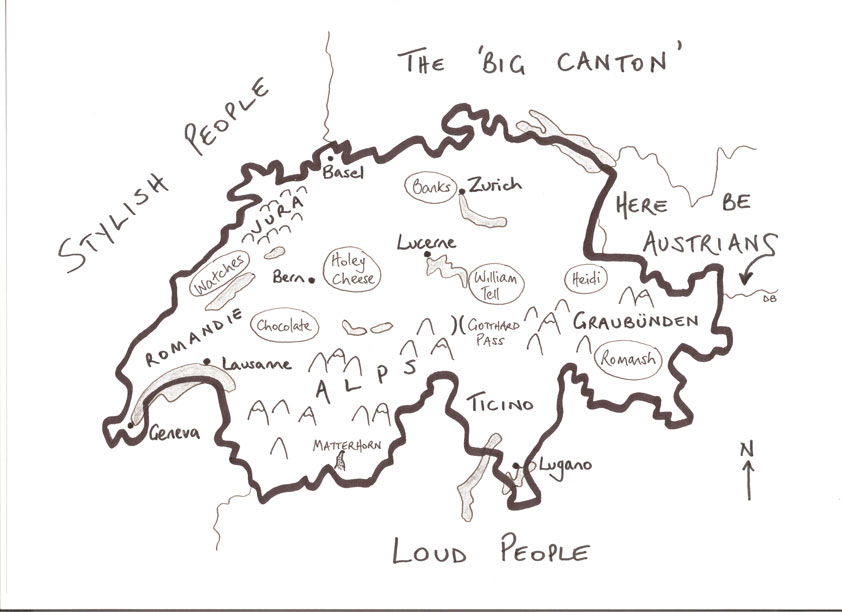
Join the conversation!